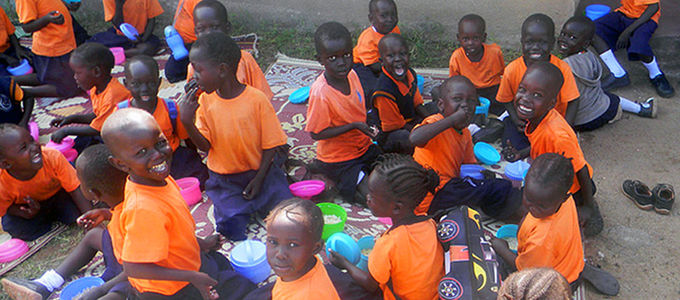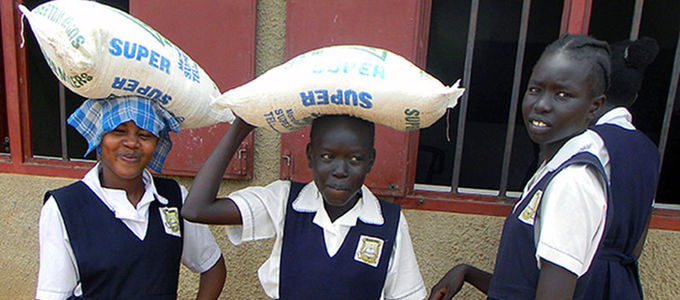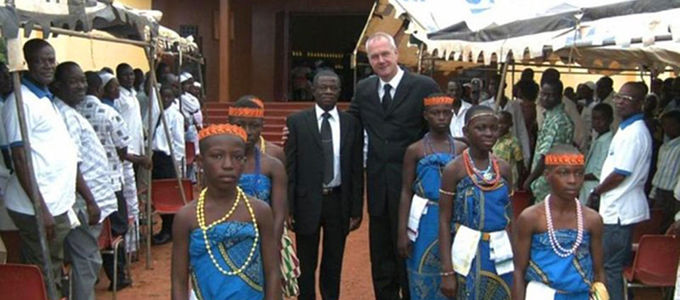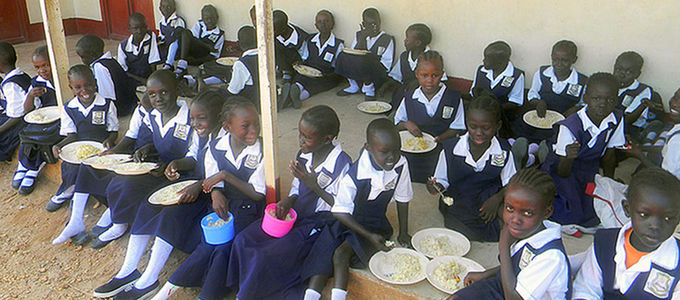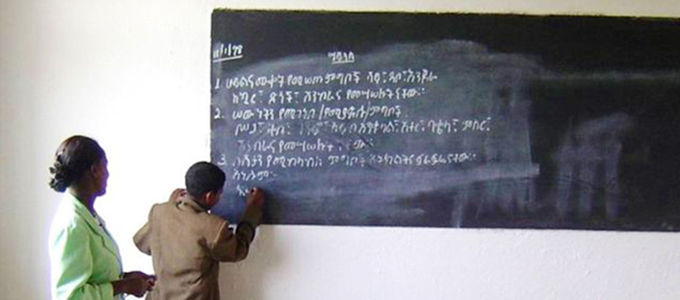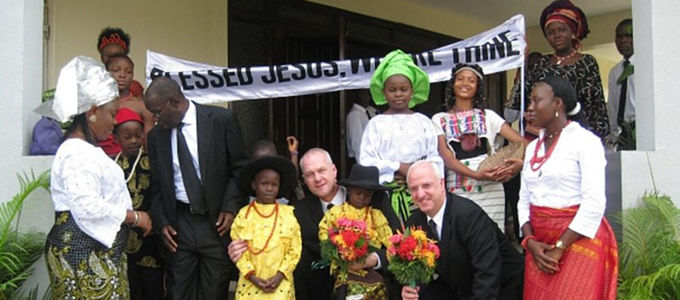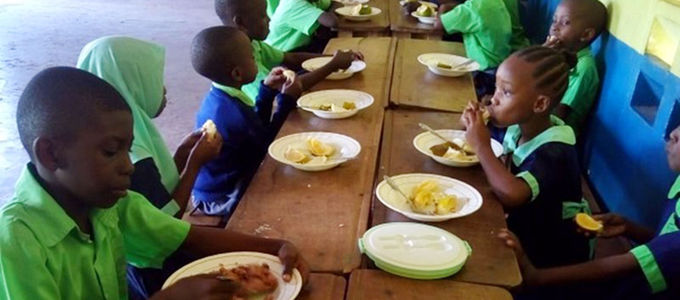
Even after the name change from Missionswerk to human aktiv and new statutes donors remained loyal. This is reflected in the first financial report of the young aid organisation with its long tradition.
From 7.4 to 1.1 million Euros? Such a drop in earnings would normally be cause for great alarm. But at human aktiv, the charity of the New Apostolic Church Southern Germany, this is part of the agenda.
Its objective is charity
Until the end of 2017, the charitable activities of the District Church were overseen by the Missionswork (“missionary work”). Its main objective, however, was to establish structures so that the District Church could proclaim the gospel and provide pastoral care in the countries served, namely in West and East Africa. This represented more than 80 per cent of the costs.
In most of the countries served by Southern Germany, the New Apostolic Church is now legally recognised so that the charity can focus on its humanitarian mission. And to this end, the organisation has not only changed its name, but has also set itself up with new statutes. Its first financial report has just been published.
Restricted and unrestricted funds
In 2018, human aktiv recorded nearly 1.1 million euros in donations, of which 450,000 euros were donated to particular purposes or projects, while the greater part, the remaining 550,000, were donated as unrestricted funds.
Striking on the expenditure side is the fact that the amount allocated to emergency aid was significantly lower in 2018 than in the previous years. At the end of the year, there were still 244,000 euros in donations left. In accordance with the statutes, these will be carried forward to the next year.
At home and abroad
Some 266,000 euros were allocated to ongoing projects in the countries served by the New Apostolic Church Southern Germany: including a health education project in Guinea, a school project in Ethiopia, a water project in West Africa, an orphanage in Cameroon, as well as educational projects with school construction in West Africa, hunger relief in South Sudan, food aid in West Africa, a well-building project in Cameroon, and emergency aid in Djibouti and Indonesia.
A good 550,000 euros went to projects in Germany: support for children of parents dealing with addiction, recreational offers for children and youth, charity events, food banks, addiction counselling, help for refugees, and spontaneous aid.
Interesting on the expenditure side is the fact that the share of administrative costs at only one per cent of the budget is extraordinarily low, especially since well over two-thirds of the 9,234 euros spent, were spent for external service providers. This is part of the idea behind human aktiv: ensuring that close to one hundred per cent of the donations go to those who need them.






